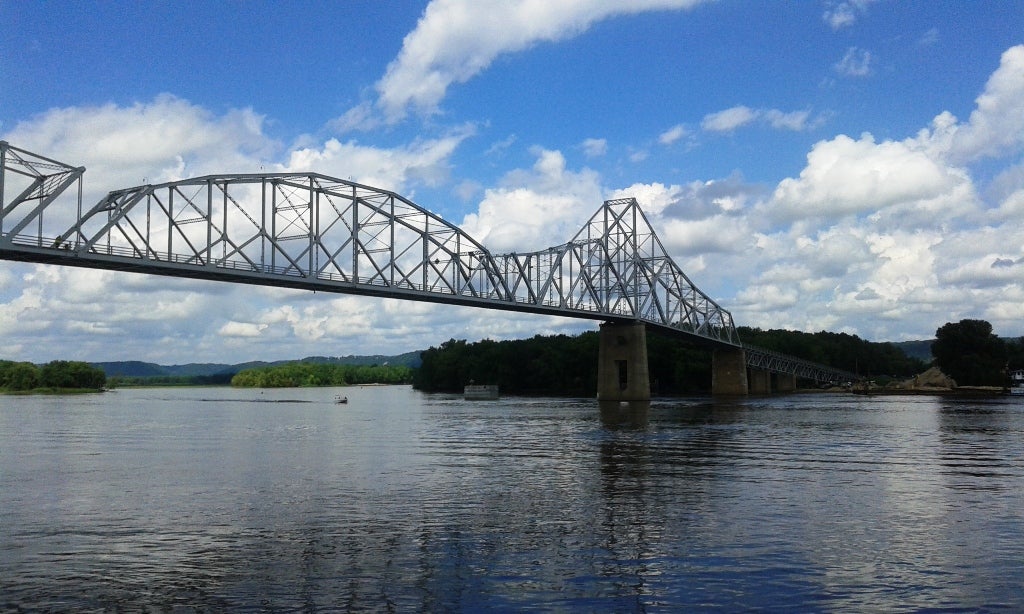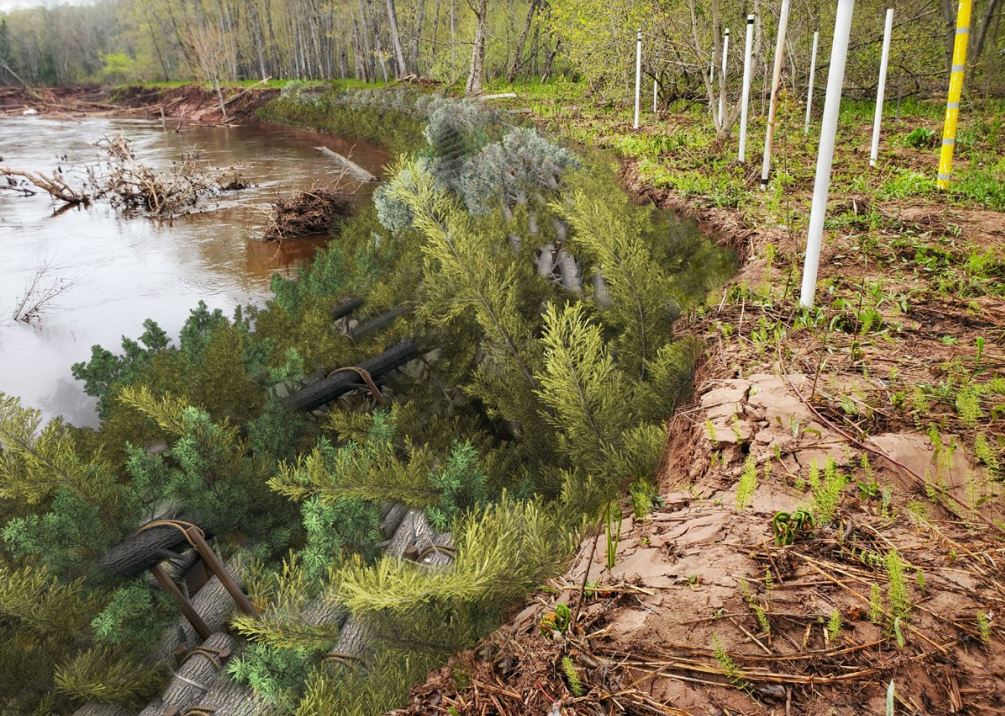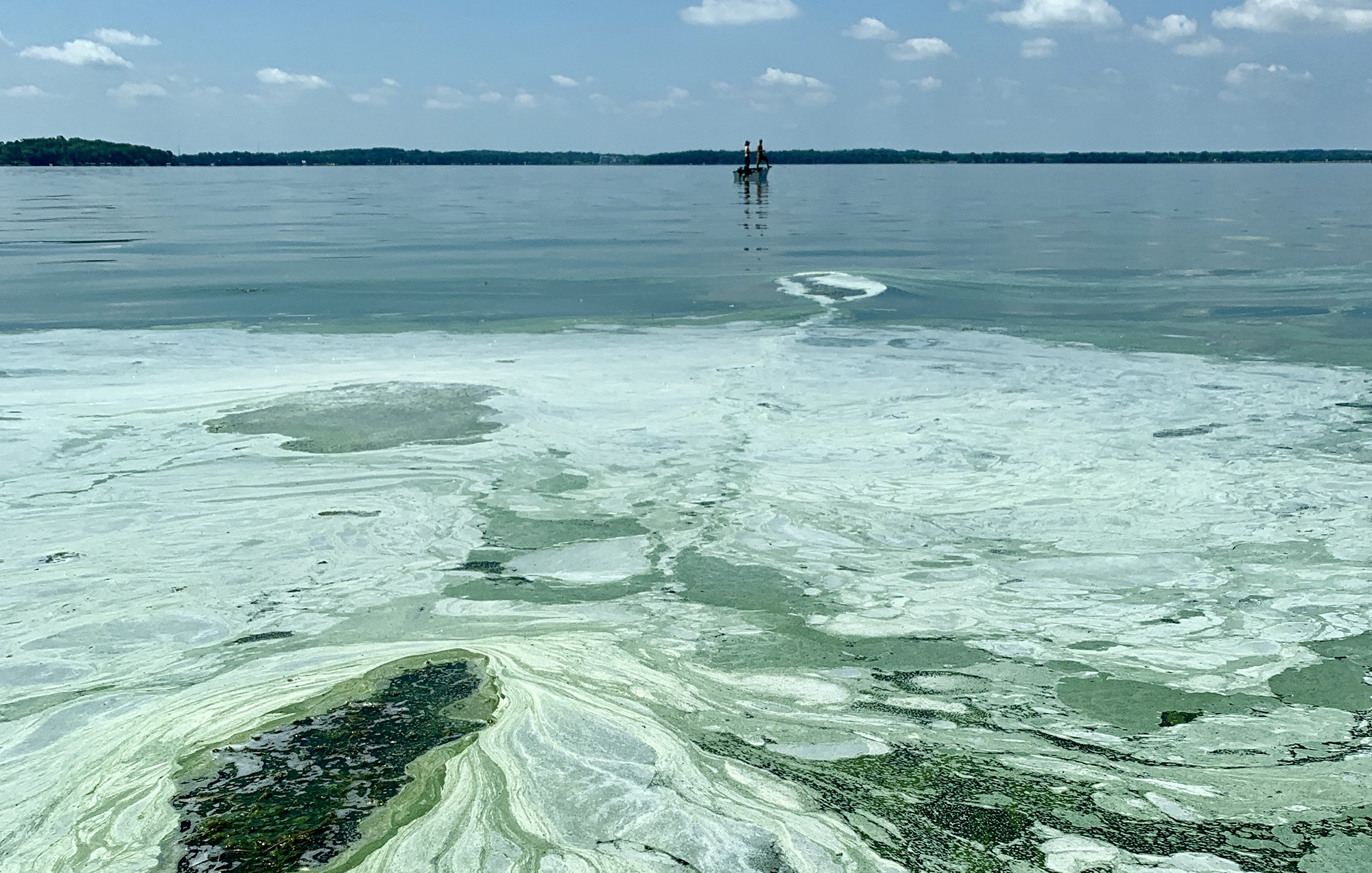The Wisconsin Department of Natural Resources will not conduct a comprehensive environmental impact statement on a planned rail expansion through the La Crosse River marsh despite call from dozens of residents requesting the study.
Many La Crosse residents and some lawmakers said they wanted a more comprehensive look at how BNSF Railway’s plan to add a second track through the city could impact the marsh’s ecosystem, flooding, and safety.
The plan calls for removing about seven acres of La Crosse River marsh wetlands, something the DNR said is substantial, but low in significance.
Stay informed on the latest news
Sign up for WPR’s email newsletter.
In a letter to the city, DNR officials said the agency had already analyzed “all relevant environmental issues” connected to the project, an analysis it said was equivalent to an EIS, making no additional study necessary.
Midwest Environmental Advocates executive director Kim Wright argued that the DNR should have conducted an EIS since there was so much controversy surrounding the La Crosse project. She also questioned whether the DNR gave proper legal notice and whether the record was adequately presented to residents.
BNSF will have purchased credits through the state’s Compensatory Wetland Mitigation program to offset the removal of existing wetlands. The company has offered to invest more money if the credits remain in the La Crosse area.
But those credits could go elsewhere in the state.
La Crosse Mayor Tim Kabat said that’s frustrating since officials have projects in mind that could improve and expand the marsh.
The La Crosse River marsh has a diverse ecosystem that helps with flood control and includes a number of trails and recreational opportunities in the city.
Residents and lawmakers were also calling on the Army Corps of Engineers to conduct an EIS on rail expansion in general along the Upper Mississippi River. A Corps spokesman said its regulatory staff is still conducting an environmental assessment, so it’s premature to determine if a more comprehensive EIS is needed.
MEA director Wright said she’ll work with local leaders and activists to figure out what steps to take next.
Wisconsin Public Radio, © Copyright 2024, Board of Regents of the University of Wisconsin System and Wisconsin Educational Communications Board.




